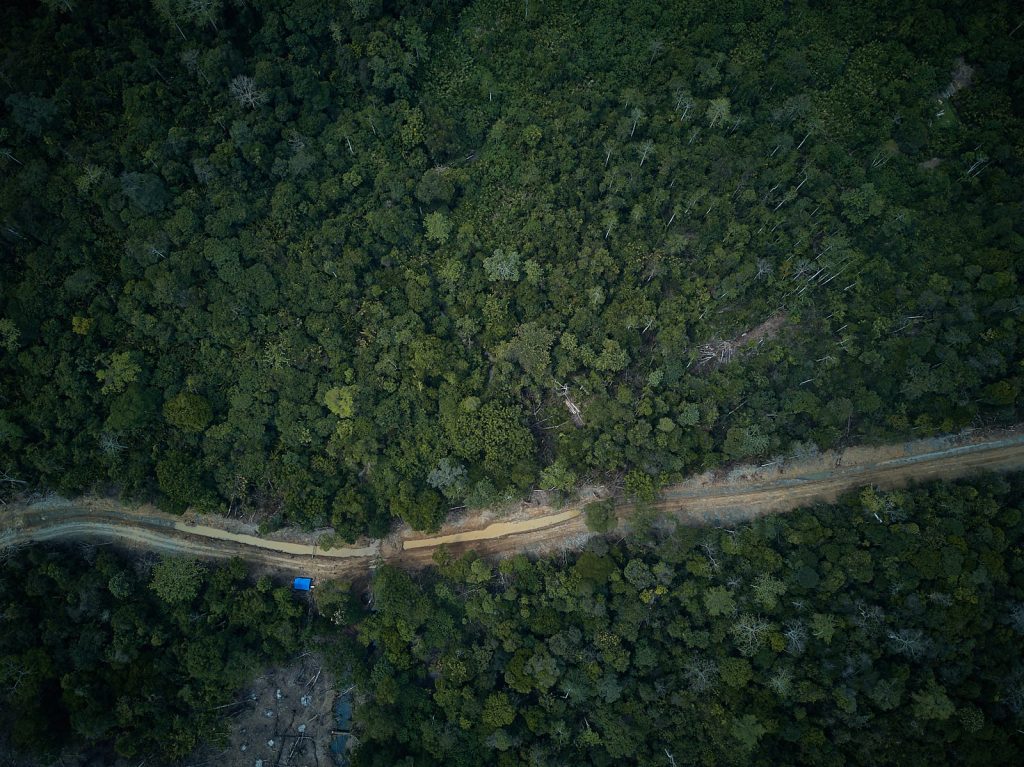This impact story was originally posted here.
Stakeholders from the government, private sector, non-governmental organizations, and communities agree to strengthen collaboration on forest conservation through an assessment of High Conservation Values and High Carbon Stocks (HCV/HCS) from tropical forests in Aceh Timur and Aceh Tamiang. The assessment will be used to identify the value of conservation and carbon, which contribute to climate change mitigation efforts, build climate resilience, protect biodiversity and ecosystem services, support livelihoods, and respect community rights and access to resources and cultural values.
The collaboration brings together the Government of Aceh, the Government of Aceh Timur, the Government of Aceh Tamiang, Unilever, PepsiCo, Musim Mas, IDH, Yayasan Ekosistem Lestari (YEL), Forum Konservasi Leuser (FKL), Yayasan Masyarakat Kehutanan Lestari (YMKL), Forest People Program (FPP), Proforest, and Remark Asia.
The HCS and HCV approaches are the cornerstone of conservation and zero-deforestation commitments for many private sector companies. This collaboration aims to further support the more effective implementation of these established commitments through increased use of HCV and HCS tools.
“The Government of Aceh welcomes and appreciates all stakeholders that initiated the landscape-based HCV/HCS assessment in Aceh Timur and Aceh Tamiang. We hope this assessment, which integrates landscape, environmental, socio-economic, and participative aspects on a landscape level will give a more detailed and confirmed result,” said Head of Aceh Regional Development Agency (BAPPEDA Aceh) Teuku Ahmad Dadek, SH. M.Hum.
The government in Aceh Timur and Aceh Tamiang also express their support. “We hope this integrated initiative will be delivered comprehensively to create assurance on areas that are safe for sustainable commodities production and areas that need to be conserved,” explained Aceh Timur Regent Teungku Hasballah M. Thaib.
“Efforts to strengthen the competitiveness of commodities and the sustainability of the agricultural sector are part of our commitment to integrate a sustainable production system and to contribute towards the achievement of Sustainable Development Goals,” said Aceh Tamiang Regent H. Mursil, S.H., M.Kn. “We welcome and will facilitate the multi-stakeholders, landscape-based HCV/HCS assessment.”
The HCV assessment will follow guidance from HCV Network “High Conservation Value Screening: Guidance for Identifying and Prioritizing Action for HCVS in Jurisdictional and Landscape Settings, ” published in October 2020. Meanwhile, HCSA Assessment will follow the draft HCSA largescale framework procedure and HCSA large-scale accuracy assessment addendum (both from the 2021 version).
Director of YEL M. Yakob Ishadamy explained, “The HCV approach is a methodology for identifying, managing, and monitoring important environmental and social values in the production landscape – across all ecosystems or habitat types. And the HCS Approach is an integrated conservation land use planning tool to distinguish forest areas in the humid tropics for conservation while ensuring the rights and livelihoods of local people are respected.”
Regarding the multi-stakeholders collaboration, IDH Landscape Manager Riswan added, “To deal with this important issue, strategic collaboration is needed and more important than ever in order to strengthen cross-sectoral collaboration, maximize forest conservation and minimize social impacts.”
“Supporting this initiative is part of Musim Mas’ Aceh strategy and our broader commitment to No Deforestation, No Peat, and No Exploitation (NDPE). We believe that taking a participative landscape approach to deforestation is the right way to bring greater impact,” added Musim Mas’ Director of Sustainability Chain, Olivier Tichit. “As one of the private sectors supporting this initiative, we hope to add value to the implementation of the HCV/HCS approach in the Aceh landscape.”
“When it comes to protecting forests, collaboration is absolutely critical. We are pleased to be working in partnership with local government, private sector partners, civil society, and communities to deliver a landscape level HCV and HCS assessment, supporting the protection of the forests and biodiversity of Aceh Tamiang, Aceh Timur districts and the Leuser Ecosytem. This work is complementary to our goals and those of our stakeholders to deliver a deforestation free supply chain and to help protect and regenerate land, forests and oceans while ensuring more social inclusivity,” stated Unilever Sustainable Sourcing Director Martin Huxtable.
PepsiCo Senior Director of Sustainable Agriculture Emily Kunen said “PepsiCo is pleased to support this innovative work in mapping HCV and HCS forest at scale and in a participatory manner. This work supports the efforts of PepsiCo, our suppliers, and the governments of Bupati Mursil and Bupati Rocky to deliver a deforestation-free supply chain and protect the forests and people of the Leuser Ecosystem.”
About Musim Mas
Musim Mas is one of the world’s largest, integrated palm oil corporations with operations in every part of the supply chain across the Americas, Europe and Asia. Our global workforce pursues innovative and sustainable developments, ensuring product quality, safety and efficiency as the industry evolves.
As one of the most prominent players in the industry, it aspires to be a responsible leader in the evolution of the industry, driving a new era of sustainability with innovation. To that end, we take active steps to go beyond industry-recognized sustainability standards and will continue to step up in response to critical industry issues in our quest to contribute to a more sustainable industry and equitable world.
About IDH
IDH is an international organization that convenes, finances and manages large programs to accelerate transitions toward sustainability together with multinational and smaller companies, governments and civil society. Headquartered in the Netherlands and funded by different governments and foundations, IDH delivers scalable, economically viable impact on the Sustainable Development Goals. IDH operates globally in 12 different industry sectors ranging from coffee and tea to cotton and soy and encourages joint investment in innovative models to realize long-term solutions for environmentally and socially sustainable production and trade.
